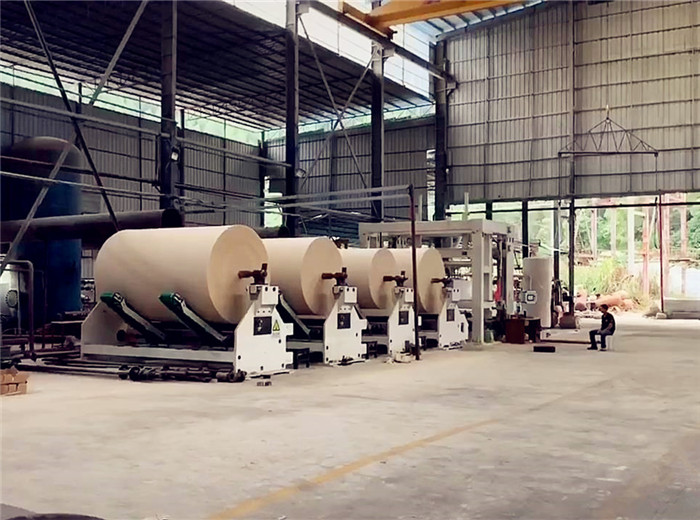Bamboo pulp tissue toilet paper manufacturing machine is such a complete set of equipment, using bamboo as raw material, through slicing, cooking, rinsing, pulping, and finally producing daily required toilet paper and tissue paper rolls.
BAMBOO PULP TOILET TISSUE PAPER MANUFACTURING MACHINE
1.Bamboo pulp tissue toilet paper manufacturing machine is such a complete set of equipment, using bamboo as raw material, through slicing, cooking, rinsing, pulping, and finally producing daily required toilet paper and tissue paper rolls.This machine is usually used for big scale paper manufacturing plant.Generally speaking, bamboo products are some of the most eco-friendly products around. Not only are they made of sustainable materials, but they break down fully and quickly, as well. Bamboo toilet paper is no different.
So, if you’re wondering whether bamboo toilet paper is eco-friendly, the answer is yes, it most certainly is. Bamboo is a renewable resource that also happens to be remarkably soft and strong. As a result of their versatility and renewability, bamboo products have a much smaller environmental impact.

2.YIDAFA could provide the whole production line from bamboo to toilet tissue paper rolls.Including chemical bamboo pulp slurry machine,parent tissue paper roll forming machine and related paper roll converting machine.


3.Toilet paper converting machine could process parent tissue paper rolls into small bathroom toilet paper rolls,facial tissue paper roll,napkin tissue paper and kitchen towel paper etc.

If you have any needs , please fill out the form below and we will contact you as soon as possible.